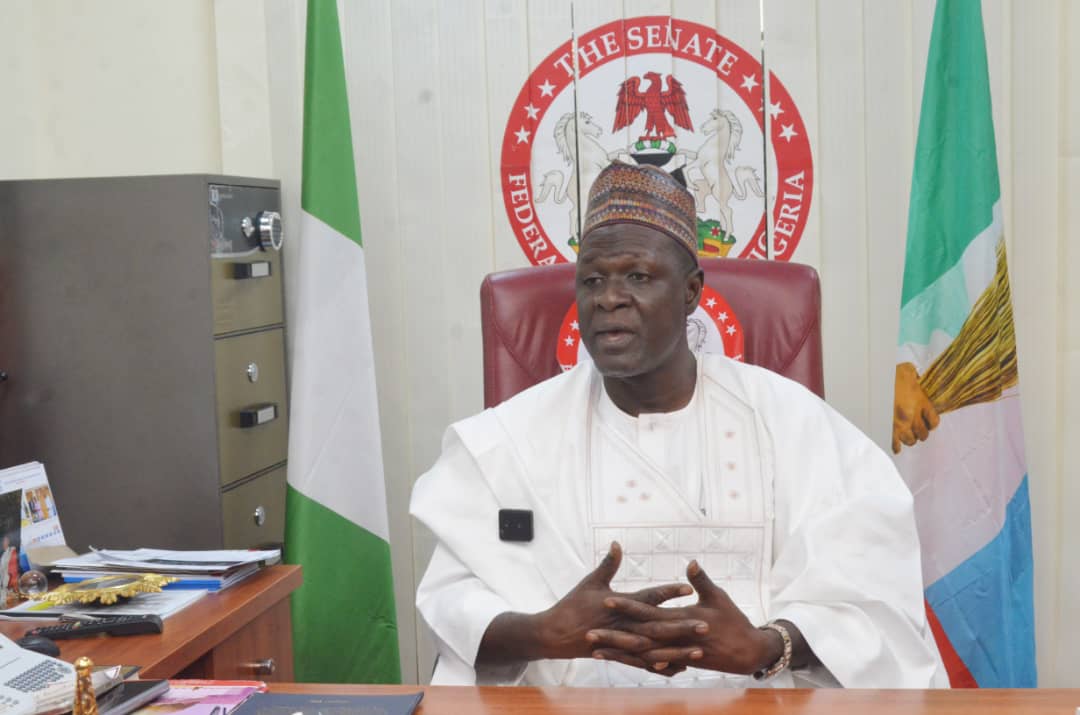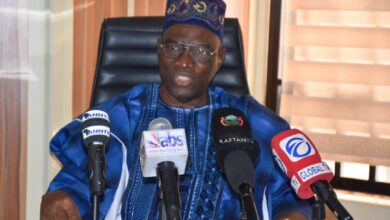
Abuja — The Nigerian Senate on Wednesday passed the second reading of a critical bill seeking to establish the Federal University of Education, Gumel in Jigawa State. Sponsored by Senator Hussaini Babangida Uba (APC, Jigawa North-West), the bill proposes the upgrading of the Jigawa State College of Education, Gumel, into a full-fledged federal university.
Leading the debate on the floor of the Senate, Senator Babangida emphasized the urgent need for improved teacher education in Nigeria, highlighting the significance of the proposed university in training qualified educators to meet national demands.
“The development of a robust educational system is predicated on the availability of well-trained teachers. This specialized institution will address that gap and promote educational advancement without discrimination,” Senator Babangida said.
The bill, officially titled Federal University of Education Gumel, Jigawa State (Establishment) Bill, 2025 (SB. 239), was first read in the Senate on November 6, 2023. It has now been referred to the Committee on Tertiary Institutions and TETFund for public scrutiny, with the committee expected to report back in four weeks.
Senator Babangida noted that the new university would not require fresh capital outlay from the Federal Government, as it would take over the existing infrastructure of the Jigawa State College of Education, which has been producing NCE graduates for over 35 years.
“The state government has agreed to hand over the college’s facilities for the establishment of the university. This is a cost-effective transformation that will have far-reaching benefits,” he stated.
Speaking to journalists after the session, Senator Babangida expressed deep satisfaction with the progress of the bill, calling it a milestone not only for Jigawa but for the nation’s education sector.
“I’m fulfilled that this bill has scaled second reading. It’s not just about upgrading an institution, it’s about creating jobs, improving teacher quality, and expanding access to tertiary education,” he said.
Responding to concerns about funding and potential educational quality decline from the proliferation of universities, Babangida argued that institutional expansion must go hand-in-hand with regulatory oversight.
“We shouldn’t shy away from creating opportunities due to fear of quality decline. Rather, we should strengthen quality control mechanisms and ensure institutions are self-sustaining and efficient,” he added.
Senate Threatens Arrest Warrants for NNPCL External Auditors Over Failure to Appear
He also linked the initiative to President Bola Tinubu’s renewed hope agenda, emphasizing the role of education in national development.
As the bill proceeds to the public hearing stage, stakeholders across education and governance are expected to engage in robust dialogue on its potential impact.





